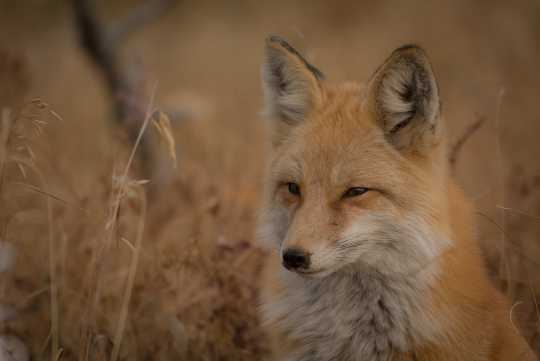Animal sanctuaries play a crucial role in the conservation of wildlife around the world. These sanctuaries serve as safe havens for animals that have been orphaned, injured, or abused, providing them with the necessary care and rehabilitation to eventually return to their natural habitats. They also offer education and awareness programs to visitors, highlighting the importance of protecting and preserving our planet’s wildlife.
One of the primary functions of animal sanctuaries is to provide a safe and secure environment for animals that have been rescued from various situations. This can include animals that have been illegally captured for the exotic pet trade, animals that have been orphaned due to human activities such as deforestation or poaching, or animals that have been injured in the wild. Sanctuaries offer these animals a second chance at life, providing them with the necessary medical care, rehabilitation, and attention needed to survive and thrive.
Many animal sanctuaries also serve as educational institutions, offering programs and resources to educate the public about the importance of wildlife conservation. Through guided tours, workshops, and outreach programs, visitors are able to learn about the various species housed at the sanctuary, their habitats, and the threats they face in the wild. By raising awareness about these issues, sanctuaries play a vital role in inspiring individuals to take action and make a positive impact on the environment.
In addition to educating the public, animal sanctuaries also contribute to scientific research and conservation efforts. Many sanctuaries partner with universities, research institutions, and conservation organizations to conduct studies on animal behavior, health, and ecology. This research helps to better understand the needs and challenges facing wildlife populations, as well as develop strategies for their long-term conservation.
Furthermore, animal sanctuaries play a critical role in rescuing and rehabilitating endangered species. As human activities continue to threaten the survival of many species, sanctuaries provide a vital lifeline for animals on the brink of extinction. By providing a safe and secure environment for these animals to breed and thrive, sanctuaries are able to contribute to the preservation of genetic diversity and the long-term survival of endangered species.
One example of the vital role of animal sanctuaries in wildlife conservation is the African Wildlife Foundation’s Samburu Station in Kenya. This sanctuary serves as a rehabilitation center for orphaned elephants, rhinos, and other wildlife that have been affected by poaching and habitat loss. Through its programs, the sanctuary is able to provide these animals with the care and support they need to eventually return to the wild, while also working to raise awareness about the threats facing Africa’s wildlife.
Another example is the International Primate Rescue sanctuary in South Africa, which provides a safe and secure environment for abused and neglected primates. By rescuing and rehabilitating these animals, the sanctuary is able to give them a second chance at life, while also educating the public about the importance of primate conservation. Through its programs, the sanctuary is able to inspire individuals to take action and make a positive impact on the environment.
In conclusion, animal sanctuaries play a crucial role in the conservation of wildlife around the world. By providing a safe and secure environment for rescued animals, offering education and awareness programs to visitors, contributing to scientific research and conservation efforts, and rescuing endangered species, sanctuaries are able to make a significant impact on the future of our planet’s wildlife. It is important for individuals to support these sanctuaries through donations, volunteering, and spreading the word about their important work. Together, we can all make a difference in protecting and preserving our planet’s precious wildlife for future generations.

